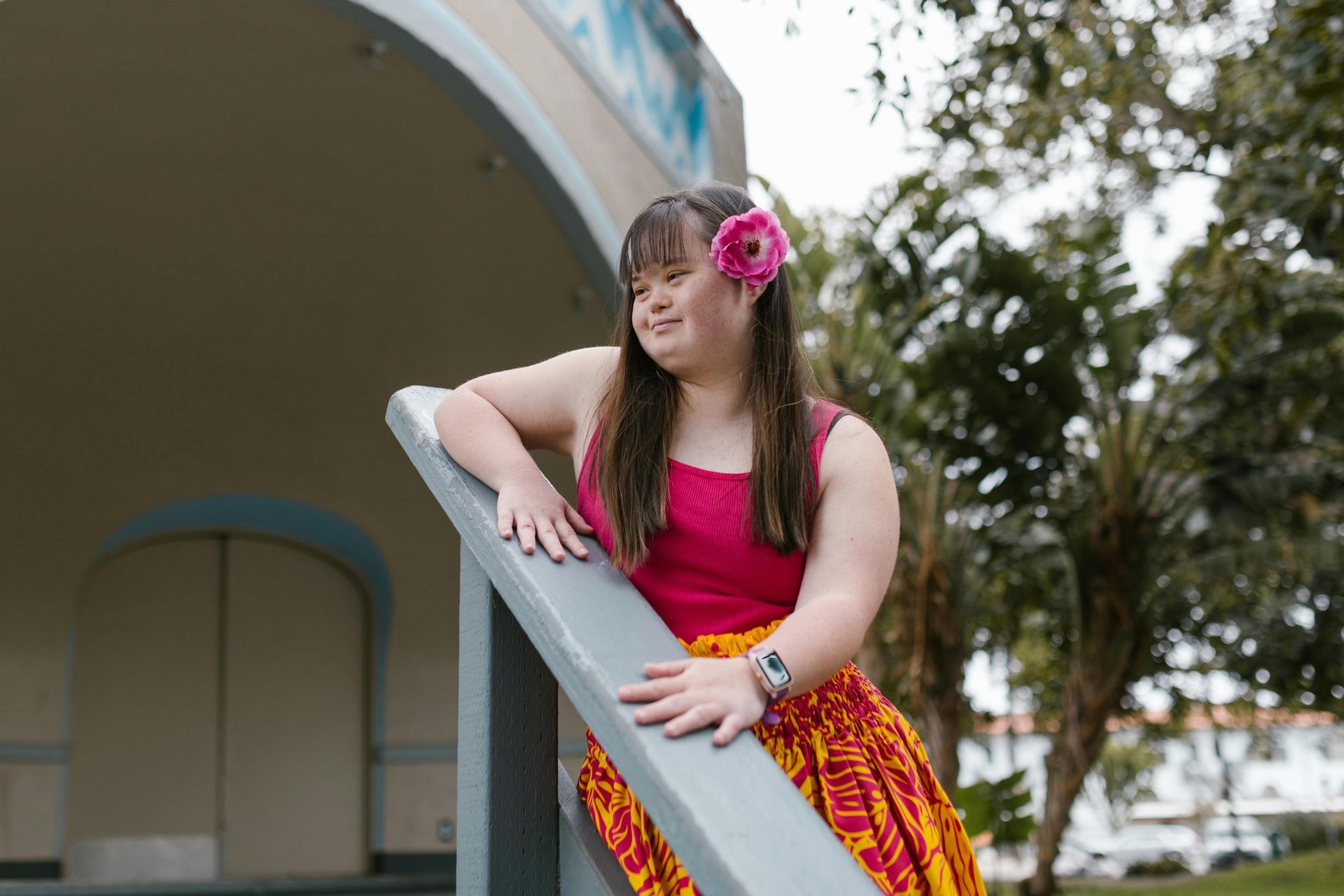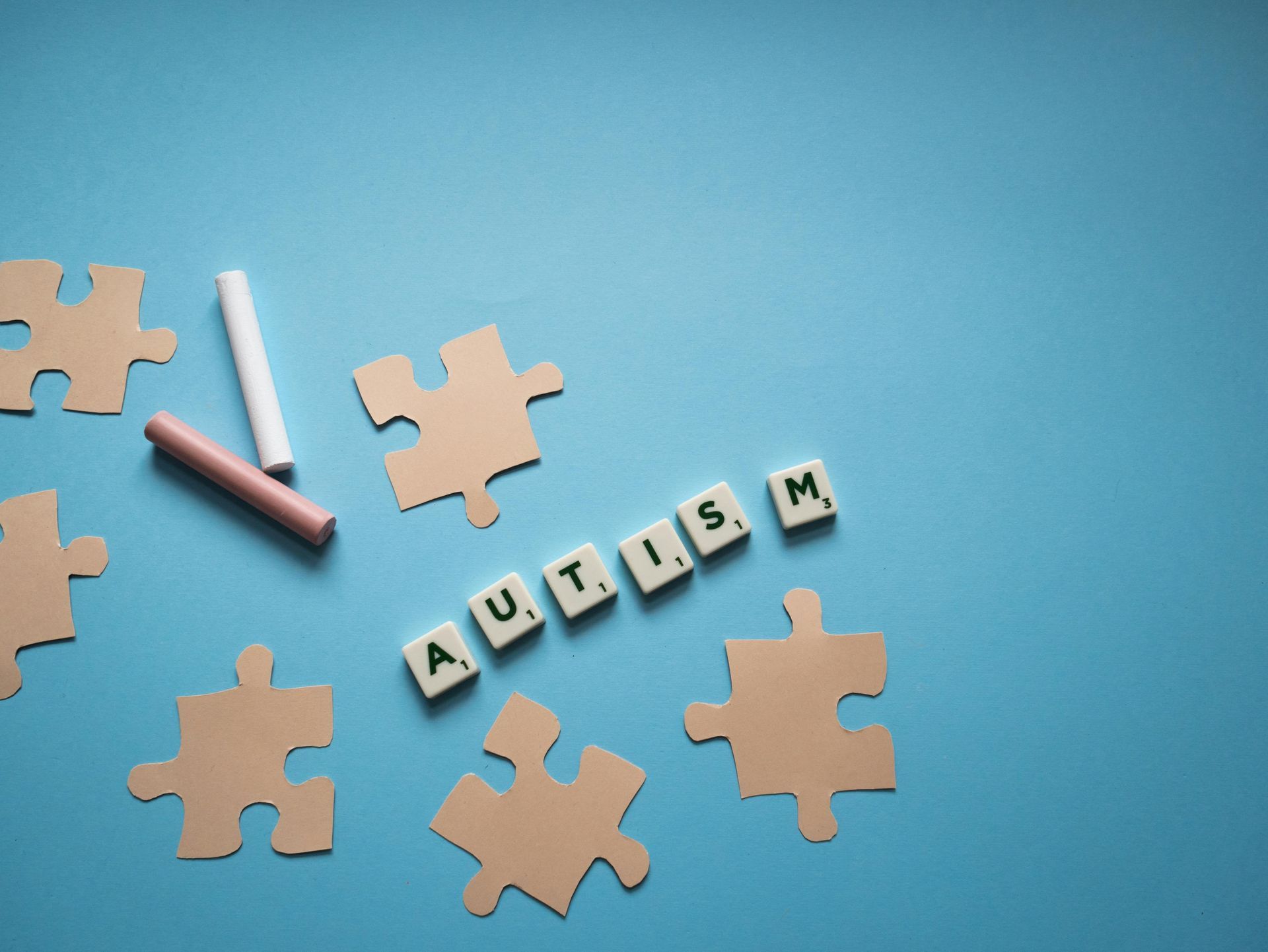When we talk about prostate cancer, the focus often rests on early detection, treatment options, and survivorship. Yet, one area that is frequently overlooked is how this disease uniquely impacts individuals with developmental disabilities.
Men with developmental disabilities face barriers to accessing timely and appropriate healthcare.
Communication challenges, limited mobility, and systemic gaps in healthcare delivery can delay screenings or complicate treatment. Preventive measures such as regular PSA screenings, digital rectal exams, and follow-up care are not always tailored to meet their specific needs.
Moreover, the emotional and psychological toll of prostate cancer can be compounded when an individual already navigates developmental challenges. Managing discomfort, coping with hospitalization, and maintaining quality of life require a care approach that integrates both medical expertise and specialized support strategies.
Caregivers, families, and healthcare professionals play a critical role in bridging this gap. Advocacy for accessible health education, culturally competent providers, and individualized care plans ensures that no one is left behind in the fight against prostate cancer.
This follow-up to last week’s discussion on prostate cancer highlights the importance of seeing health conditions through a broader lens. Awareness must extend beyond the general population to include vulnerable groups who may be at greater risk of being overlooked.
✨ Together, we can foster a care environment that values dignity, inclusivity, and early intervention for everyone.
👉 If you or someone you love needs compassionate support tailored to mental health and developmental disability needs, visit us here to learn more.
#ProstateCancerAwareness #DevelopmentalDisabilities #InclusiveCare #MensHealth #DisabilityAdvocacy #CareWithCompassion










